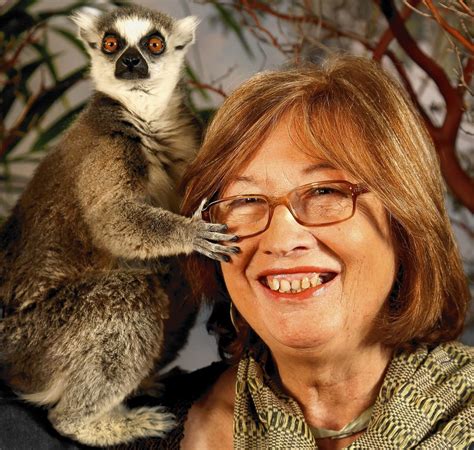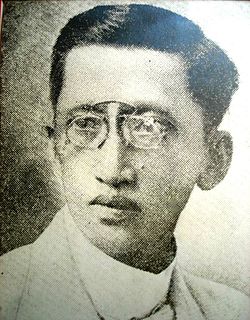A Quote by David Olusoga
Humans are pattern-seeking animals, consciously and subconsciously imposing designs and theories on to past events. We do this in both our private lives and when looking at history.
Related Quotes
The Past is dead, and has no resurrection; but the Future is endowed with such a life, that it lives to us even in anticipation. The Past is, in many things, the foe of mankind; the Future is, in all things, our friend. In the Past is no hope; The Future is both hope and fruition. The Past is the text-book of tyrants; the Future is the Bible of the Free. Those who are solely governed by the Past stand like Lot's wife, crystallized in the act of looking backward, and forever incapable of looking before.
Perhaps generations of students of human evolution, including myself, have been flailing about in the dark; that our data base is too sparse, too slippery, for it to be able to mold our theories. Rather the theories are more statements about us and ideology than about the past. Paleontology reveals more about how humans view themselves than it does about how humans came about, but that is heresy.
When humans act like animals, they become the most dangerous of animals to themselves and other humans, and this is because of another critical difference between humans and animals: Whereas animals are usually restrained by the limits of physical appetites, humans have mental appetites that can be far more gross and capacious than physical ones. Only humans squander and hoard, murder and pillage because of notions.
My first job was actually as a social worker. And then later, I got my PhD in anthropology. And I've always been interested in humans as well as primates. We are all kind of have the same emotions, the same goals and lives really. But to me, when I first got to Madagascar I realized that the lemurs lives are very closely related to what the humans are doing; partially because they've got both looking for natural resources. And if we can make some way that both humans and lemurs can live together peaceably and happily, that would be my goal for Madagascar.
One of the most difficult features of direct experience is that it is unfiltered by any theories or expectations. It's hard to observe without imposing a theory to explain what we're seeing, but the trouble with theories, as Einstein said, is that they explain not only what is observed, but what can be observed. We start to build expectations based on our theories.
Impotence therefore faces both those who believe in what amounts to a pure, stateless, market capitalism, a sort of international bourgeois anarchism, and those who believe in a planned socialism uncontaminated by private profit-seeking. Both are bankrupt. The future, like the present and the past, belongs to mixed economies in which public and private are braided together in one way or another. But how? That is the problem for everybody today, but especially for people on the left.
Today’s events are tomorrow’s history, yet events seen by the naked eye lack the depth and breadth of human struggles, triumphs and suffering. Writing history is writing the soul of the past… so that the present generation may learn from past mistakes, be inspired by their ancestor’s sacrifices, and take responsibility for the future.








































